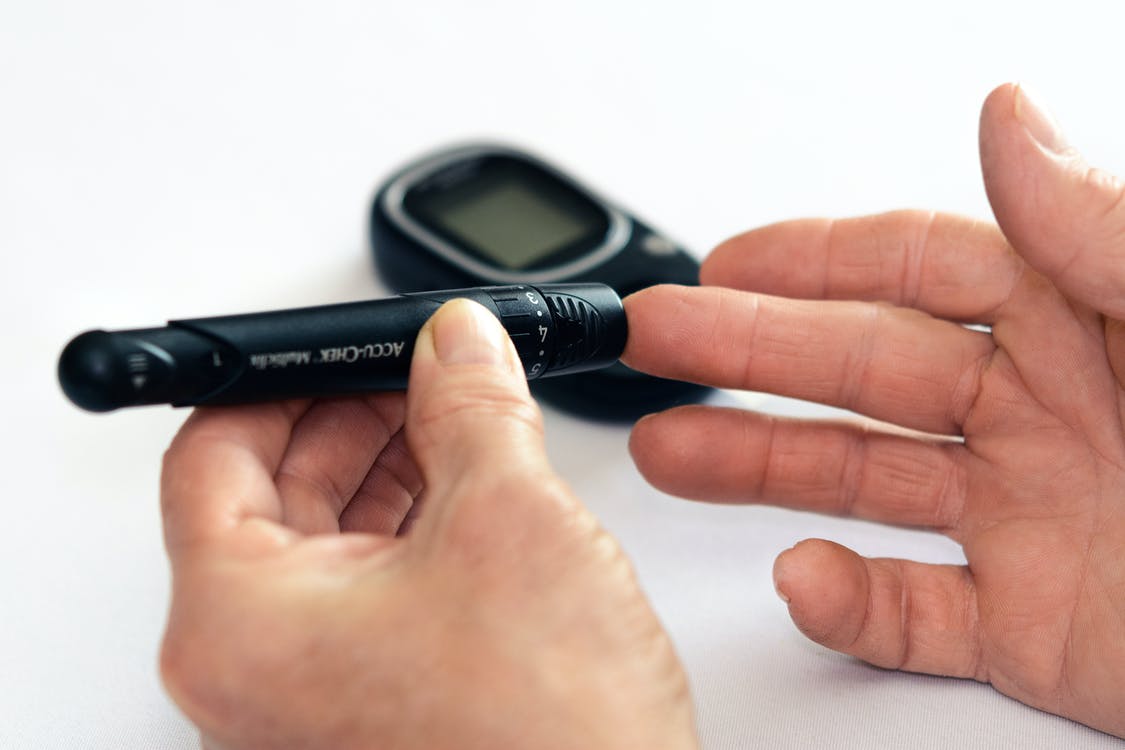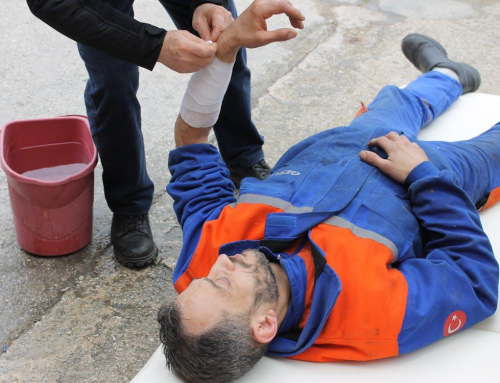Diabetes is a chronic illness where the human body is unable to produce and maintain the right glucose levels in the bloodstream. People with diabetes are prone to experience dangerous fluctuations in blood sugar levels owing to the body’s decreased sensitivity to insulin or insufficient production of insulin.
Insulin is a hormone produced in the pancreas that allows the body to use and store the carbohydrates you get from food for various biological processes. When the body becomes incapable of producing insulin or doesn’t respond to insulin–that’s when you’re diagnosed with diabetes.
Types of Diabetic Emergencies and How They Occur?
Diabetic patients are required to take insulin injections or other medications to manage their glucose levels. Besides the medical prescription, they also need to administer a healthy lifestyle with a balanced diet and regular exercise. Skipping medications, not watching nutritional intake, and avoiding exercise can lead to two types of diabetic emergencies: Hyperglycemia and hypoglycemia.
- Hyperglycemia – a rapid increase of glucose level in the bloodstream
- Hypoglycemia – when the blood sugar level drops too low
In either case, a diabetic emergency can become life-threatening if the glucose levels aren’t controlled in time.
Ahead we’ve explained how to identify and provide first aid if you see a person having a hyperglycemia or hypoglycemia attack.
Hyperglycemia
Hyperglycemia refers to a state when deficient insulin in the blood causes a spike in blood glucose levels. Here are some common reasons why a person may have hyperglycemia:
- Consuming too much food
- Skipping medication
- Skipping exercise
- Experiencing anxiety and mental or physical stress
It takes time for a diabetic patient to develop hyperglycemia, so typically, it isn’t likely to become an emergency. However, if the body isn’t provided with insulin in the form of medication or injection in time, the patient may go into a diabetic coma.
Hypoglycemia
A person may struggle with a hypoglycemia attack when the insulin level in blood increases too high compared to the glucose level. This condition usually occurs when a person skips a meal, exercise excessively, vomits, or consumes an extra dose of insulin injection or oral medication. Unlike hyperglycemia, hypoglycemia is an acute imbalance of blood sugar that can be life-threatening.
If a person seems to be having a hypoglycemia attack, give them a sugary beverage or food item, or dextrose tablets to correct the blood sugar levels. If the condition doesn’t get stable, call for professional medical help immediately.
If you want to learn how to deal with medical emergencies, get in touch with Metro Safety for high-quality first aid training in Surrey.







